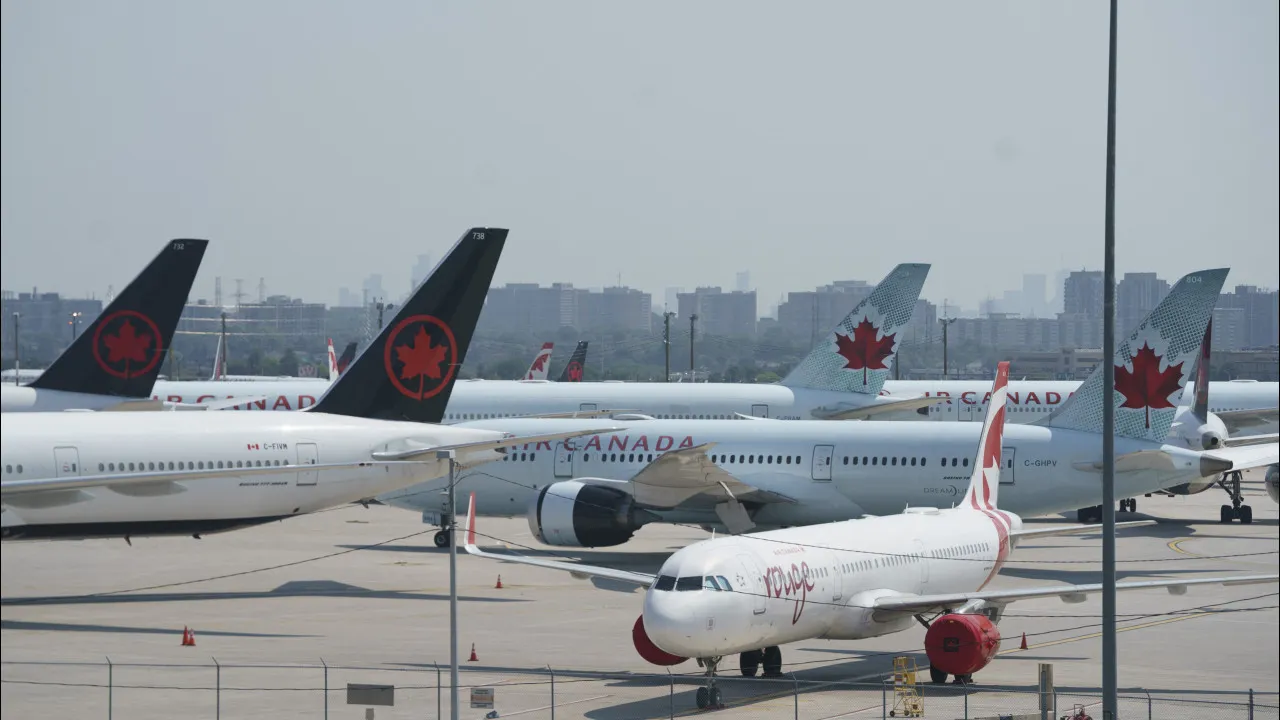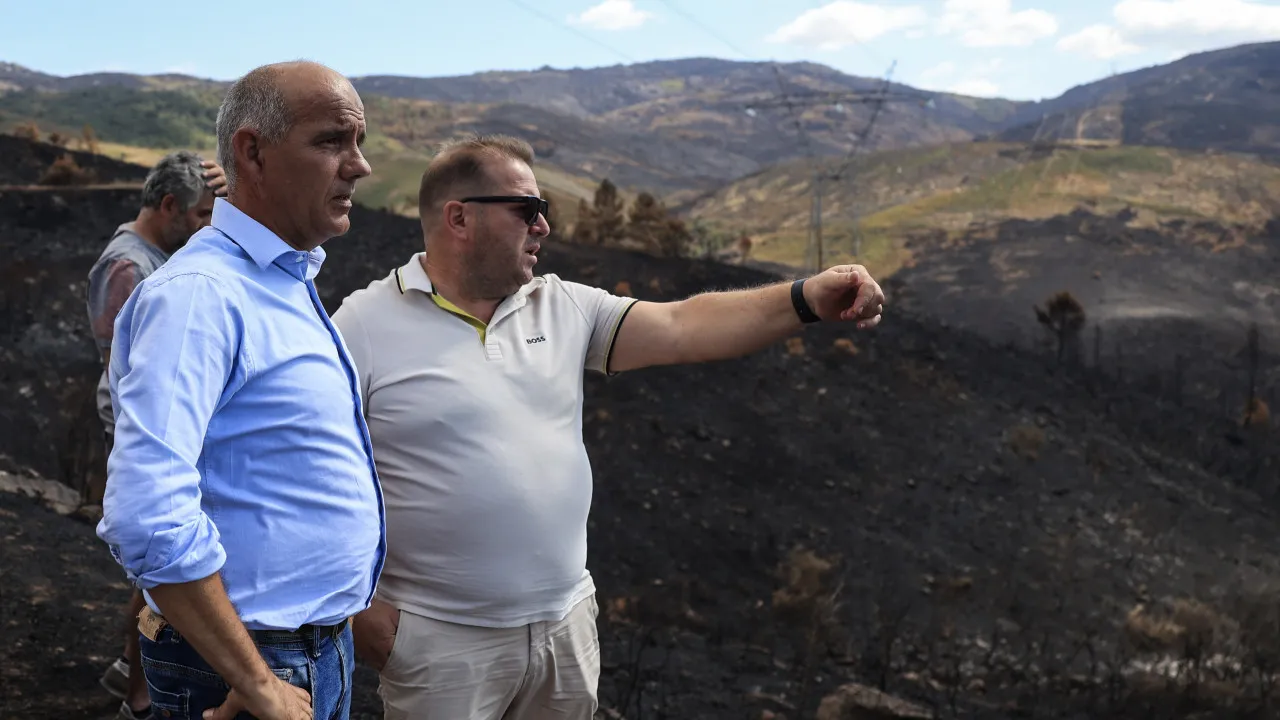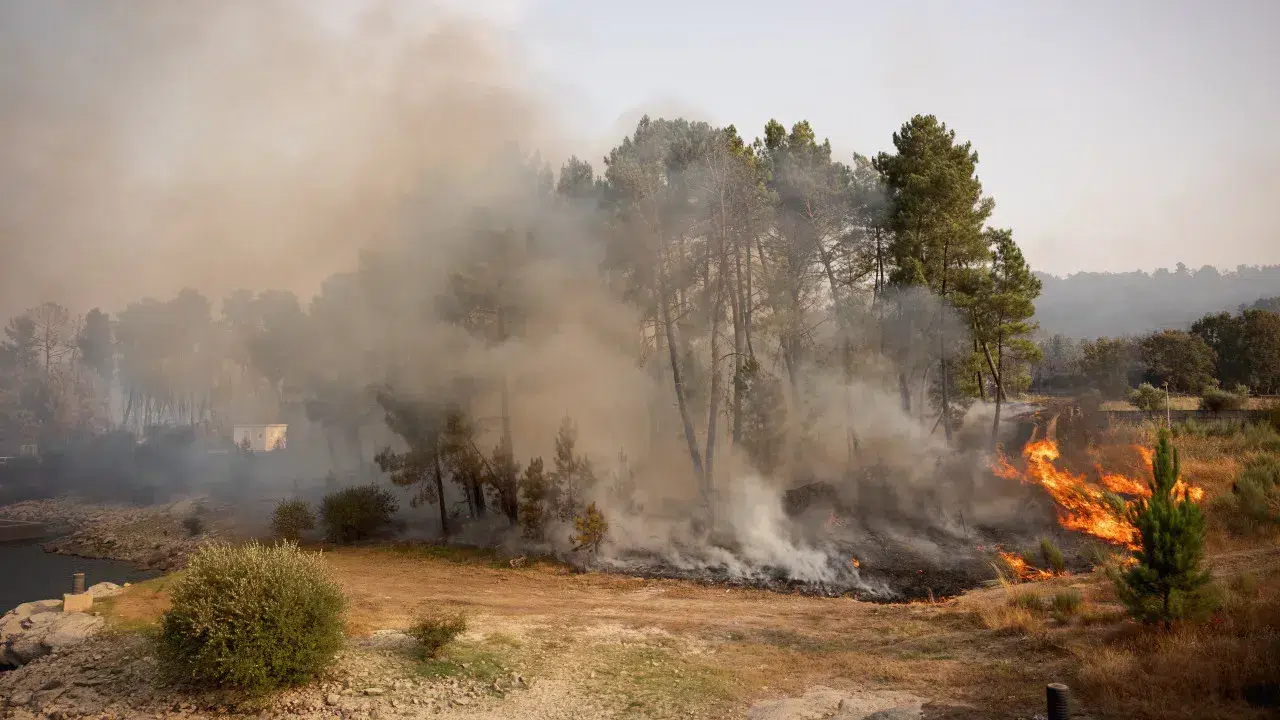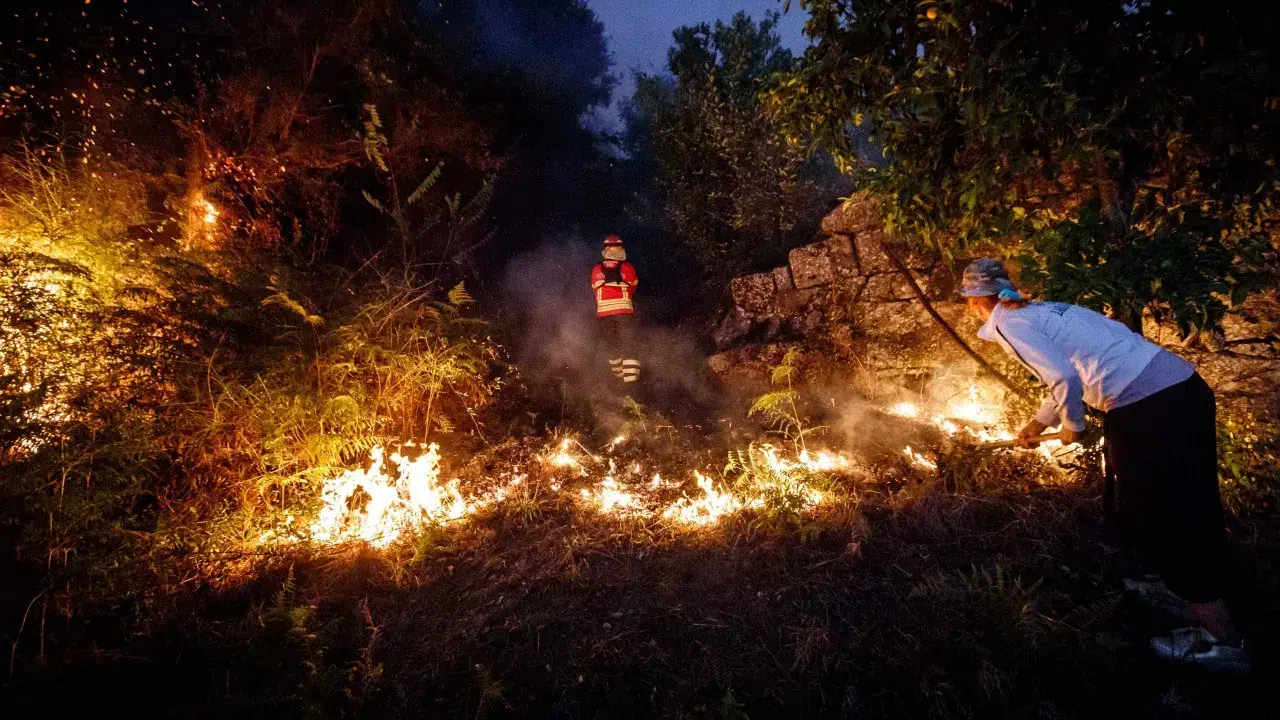
The largest airline in Canada announced that although initial flights are expected to resume Tuesday night, returning to full normalcy will take “between seven to ten days.”
The Canadian Union of Public Employees (CUPE), which represents around 10,000 Air Canada flight attendants, called the agreement reached “transformative” for the industry “after a historic struggle” for their rights.
“Unpaid work has ended,” the union stated in a release.
The strike forced Air Canada to suspend all its operations, approximately 900 daily flights, grounding over 500,000 people since the company began canceling flights on August 16 in anticipation of the strike.
Michael Rousseau, Air Canada’s President and CEO, emphasized that the company’s priority is to ensure that customers affected by flight cancellations due to the strike can proceed with their travels.
“Restarting operations for a major airline like Air Canada is a complex task. Full normalization could take a week or more, so we ask for patience and understanding from our customers in the coming days,” he added.
The details of the agreement, which remain undisclosed, were achieved after nine hours of negotiations mediated by Canada’s Industrial Relations Board (CIRB), an independent administrative tribunal that interprets and applies labor laws in Canada.
Air Canada’s flight attendants initiated the strike on Saturday following deadlocked negotiations over the past eight months for a new collective bargaining agreement.
Workers expressed that for the last 25 years, base salary increased by only 10%, while inflation rose significantly. They were advocating for wage increases and the end of unpaid ground duties, such as boarding and deboarding tasks.
The company offered salary hikes of between 12% and 16% in the first year and changes in payment for ground working hours.
The labor dispute led to a standoff between the Canadian government and Air Canada’s cabin crew.
On the very day the strike was set to begin, the Canadian government ordered the cessation of the strike and mediation by the CIRB. However, the workers defied the order and maintained the strike, which was later declared illegal by the CIRB.
Mark Hancock, the union’s president, insisted in a press conference on Monday that the union would not call off the strike and was prepared to face financial and legal repercussions. “If that means people like me have to go to jail, so be it,” he declared.




